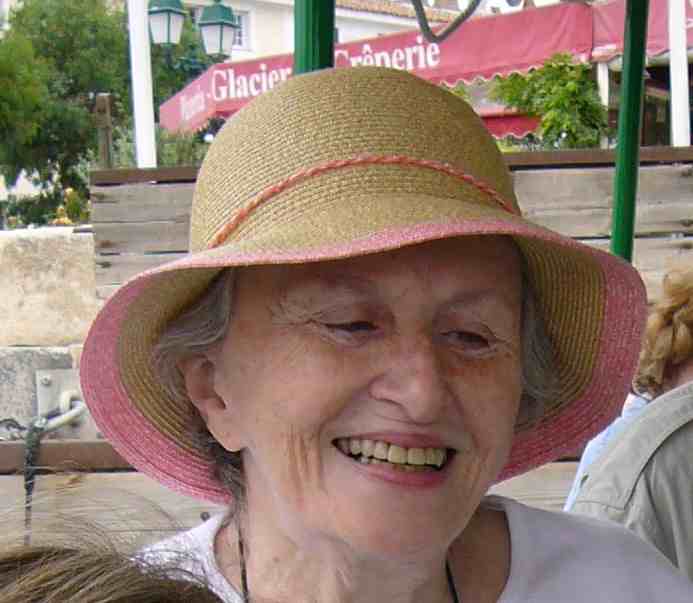The chant of those three witches in Macbeth could be interpreted as giving us fair warning: bubbles spell trouble! Not the pretty ones floating from a grandchild’s bubble pipe, not the lush ones embroidering a warm, comforting bath, but the bubbles we retreat to when we suffer losses as we age. Loss is a part of living no-one escapes.
We are human and healthy when we grieve, and grief accompanies most losses. It always does for those we love, but we also grieve for accustomed ways of living, for faded friendships, for work we enjoyed, and for real and even perceived loss of our own physical strengths and faculties. Danger comes when grief subsides enough for living to resume, with room for adjustment to the new reality, but we’ve become accustomed to the comfort of retreat, a bubble that feels protective. A bubble may look fragile and easily pierced, but it can become a wall increasingly difficult to penetrate; moving out of it takes strength and courage, even when we know it’s the right thing to do.
Great attention has been paid to expected risk factors for early mortality, such as smoking, environmental factors, diet, and lack of exercise. However, recent research has been factoring in the influence of social connection on physical and emotional well-being, and on longevity.1 It seems that spending time with other humans, even if some may be annoying at times, is really good for us, and isolation is detrimental to our health.
Always remembering that solitude in meaningful doses can be a positive experience and being alone is not the same as being lonely. the message here is that when you engage with others to save the world, your own health reaps benefits as the bubble of isolation bursts.
TR
1 Holt-Lunstad, J., Smith, T. B., Baker, M., Harris, T., & Stephenson, D. (2015). Loneliness and isolation as risk factors for mortality: A meta-analytic review. Perspectives on Psychological Science, 10, 227-237


